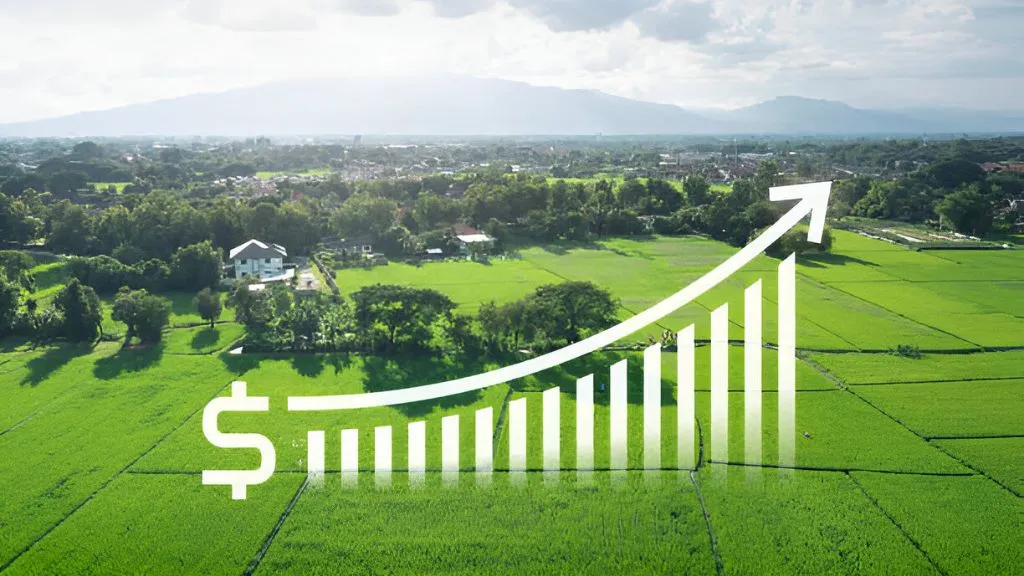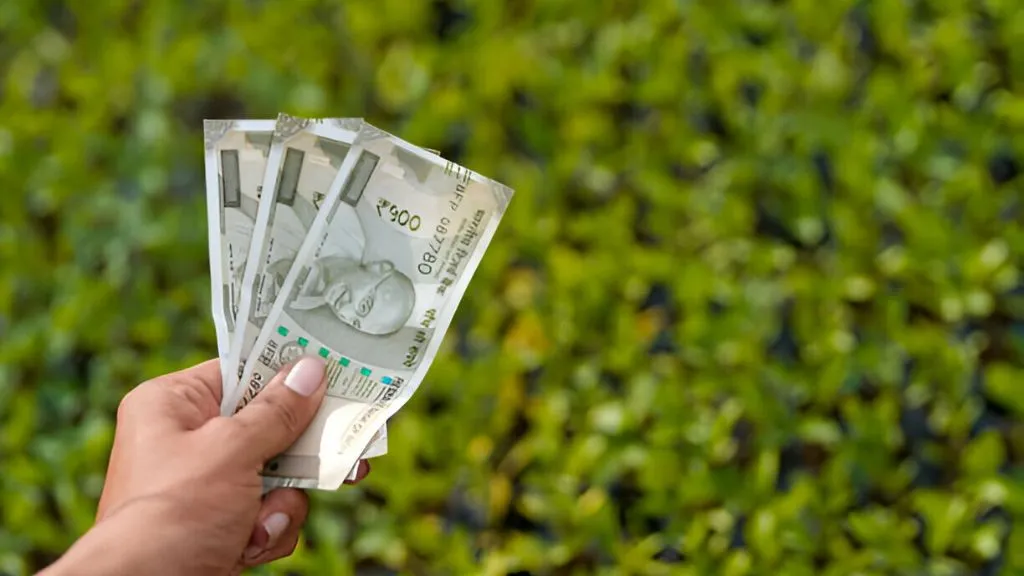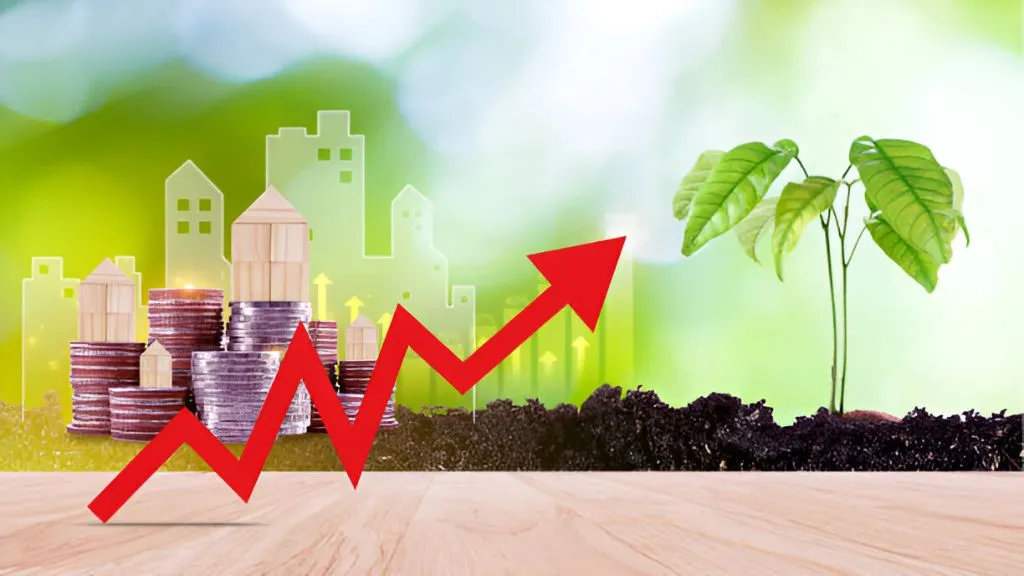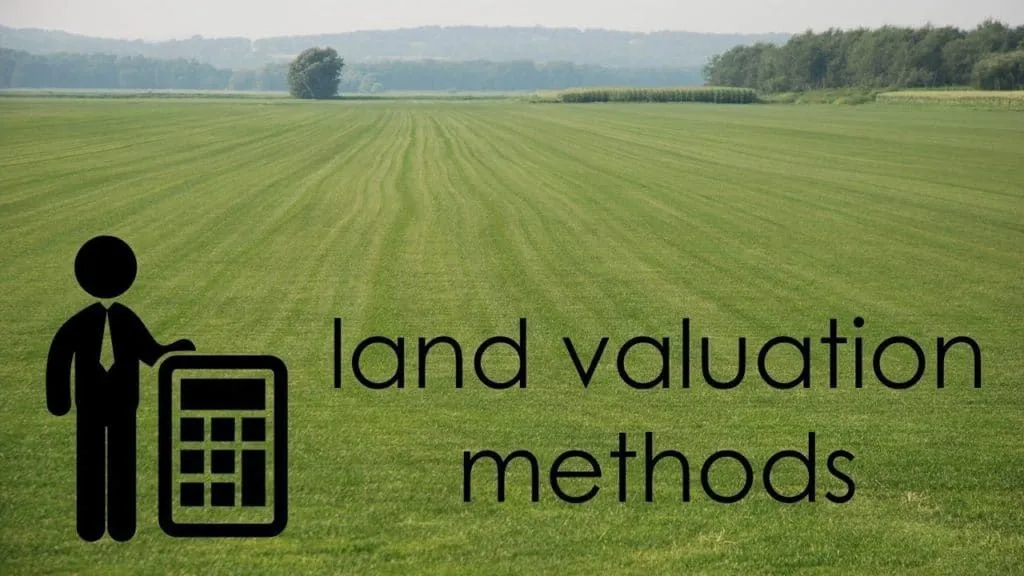
Are you planning to buy or sell land but unsure of how to determine its true market value? Land valuation can be complex, involving factors like location, size, infrastructure, and market trends. Without a clear understanding, you risk overpaying or underselling, leading to financial losses.
To address this, a systematic approach is essential. This article breaks down the key methods and factors involved in calculating land value, helping you make informed decisions and ensure a fair deal in your real estate transactions.
In this article, we will learn about the ways to calculate land value- be it for selling or for taxes.
Land Valuation: How it is Determined?
Calculating the value of the land is only one aspect of its valuation. These days, it calls for a thorough understanding of the subject area and any corresponding laws, rules, and regulations.
3 Useful Methods to Calculate Land Value

A few important factors are to be taken into account when figuring out the value of the land. The purchase price, like in the case of a house, is made up of the cost of the land plus the cost of the renovations.
On any real estate deal, the sellers and brokers typically only disclose the final closing price. Because of this, the sales and buy agreement may not cover this. The land is not subject to depreciation in accounting terms, even though the property is.
After considering these two things, we can now estimate the current market value of land in one of 3 manners:
1. Assessed value
The sale is reported to the local assessor every time a piece of real estate is bought and sold. This is done to make them aware of the change of ownership and the price that was paid for the property.
The assessor can use this information to calculate the property’s most reasonable valuation together with nearby comparable property transactions.
2. Appraised value
A professional appraiser’s appraisal is an unbiased estimate of a property’s value. To back up the accuracy of the assessment, it is supported with additional evidence.
Appraisers will typically use the income approach, the sales comparison approach, and/or the cost approach to determine the most realistic value of the property. It is performed when most properties are bought and sold.
3. Replacement value
The finest financial planners are insurance companies. If the insurance policy is designed that way, they are the ones who are legally obligated to pay the replacement cost of a piece of property.
All of these three methods to calculate land value are legally sanctified. So, how can you know which method is right for you? Decide what your objectives are before you choose a method.
Choose the property with the lowest land value as a percentage of the entire property if you would profit from claiming the highest potential depreciation.
You would pick the method that results in the largest land value as a percentage of the entire property. More so, if you can just gain from claiming a smaller depreciation, that is on the modifications like a home or structures.
When deciding the land value for tax intents, the best source of information is the government. Why so? Because it enforces the rules for all land and property valuation for tax purposes.
How to Calculate Land Value: Here’s The Formula!

Land value is calculated as a portion of the total worth of a piece of property, which includes both the land and any improvements like buildings or residences. Now let’s use an example to better grasp this:
Mr. Sharma purchased an office building for ₹100,000.
The property tax report shows
Improvements = ₹60,000 (75 percent).
Land = ₹20,000 (25 percent).
Total Value = ₹80,000 (100 percent).
If Mr. Sharma multiplies the purchase price (₹100,000) by 25 percent, he will get a land value of ₹25,000. This way he can depreciate ₹75,000 bases in the building.
How to Calculate The Land Value of Your House?
Find the land value of the home as follows:
- Allocate 85% (₹136,000 / ₹160,000) of the purchase price to the house and 15 percent (₹24,000 / ₹160,000) of the purchase price to the land.
- Your basis in the house is ₹170,000 (85 percent of ₹200,000) and your basis, or value, of the land, is ₹30,000 (15 percent of ₹200,000).
- Here, the value of the land is 15 percent of the value of the overall property or ₹30,000.
- The value of the house is 85 percent of the total value of the property overall or ₹170,000.
Steps to Calculate Land Value in India

1. Know The Accurate Details of The Property
Know the accurate details of the property in a jurisdiction such as a district, taluka, division, or village and the type of property such as (land, residential, office, shop, and industrial unit).
2. Locate The Property
Locate the division/ village with sub-zones and CS/CTS number of the property with the help of an accountant. You can find the rates of property such as land, residential, office, shop, and industrial units. Rates of the built-up area are per square meter hectare.
3. Decide The Rates
Increase or decrease the rate according to various factors to get the true market value of the property. A guideline issued by the state government can help you decide the increase and decrease rate.
There are various variations while calculating the market value such as,
- Bungalow or flat under group housing project, row house, etc.
- Building without lift multi-story building with lift (floor wise)
- Completed age building
- Car parking (Open space Parking/ Closed Parking)
- Terrace, open land with ground floor, etc
4. Stamp Duty
A specific guideline value, also known as a circle rate, ready reckoner rate, etc., has been allocated by authorities, making the job easier for us. States take this action to collect stamp duty and registration fees on property transfers.
For instance, Gurugram’s district government has announced an increase in circle rate which will increase the cost of purchasing plot-based residences. The government-specified rates, however, can be greater or lower than the property’s current market worth. Do find out the current market value if you intend to sell your land or apartment.
5. Calculation
Based on Built-up Area
Rate = ₹88,200
Area = 500 sq. feet of carpet
Convert sq. feet to built-up: 500*1.2= 600 sq. feet built up
Convert in sq. meter: 600/10.72= 55.762 sq. meter built-up
Rate*Area = Market Value: ₹88,200 * 55.762 = ₹ 4918208.40
(Rounded to ₹ 4918200)
Calculate Stamp Duty
The market value of property = ₹ 4918200 (M.V.)
Agreement value of property = ₹ 5500000 (A.V.)
Stamp duty is applicable on agreement value.
A.V. * 5% stamp duty rate = ₹ 275000 (S.D.)
The registration fee is 1% of the true market value or agreement value of the property, whichever is higher.
Here are Some Factors to Keep in Mind While Calculating The Land Value
Location
- The worth of a house is significantly influenced by its location, even within a housing society. Apartments closer to the major entry point will sell for less money. Similarly, an apartment facing a park is more profitable for a buyer and, thus, more valuable than a property surrounded by other flats.
Shape
- Nobody wants a house with a strange mixture, but with Vastu making a significant comeback in India, the likelihood is that such properties would reduce the asking price. According to Vastu principles, apartments with oddly shaped rooms restrict their owners’ ability to grow both personally and professionally.
Size
- Your property will never fetch the same amount of money as your neighbor’s if your house is even slightly smaller than theirs. Buyers will always compare with other properties nearby and more with your neighbors.
Level
- The level of your apartment would also determine the value of your property, depending on the city where you have an apartment. Due to recurrent flooding during the monsoon season, apartments in housing societies on the upper floors in Mumbai are more expensive than those on the lower floors. The National Capital Region (NCR), on the other hand, places a premium on dwellings on the first level.
Frontage
- Due to the simpler access and exit points, a corner apartment or plot would be more expensive than other types of real estate.
Legality
- Let’s say your sibling owns your property in joint ownership and is unwilling to sell his portion. Such a situation might cause value degradation in addition to delaying the sale.
In Conclusion
Although it may appear challenging, we can guarantee you that figuring out the land value for tax reasons is not difficult. A land value calculator may be handy for figuring out a property’s worth for tax. All you have to do is understand the several methods that the government, the majority of appraisers, tax assessors, and real estate experts use to estimate the land’s present market worth.






